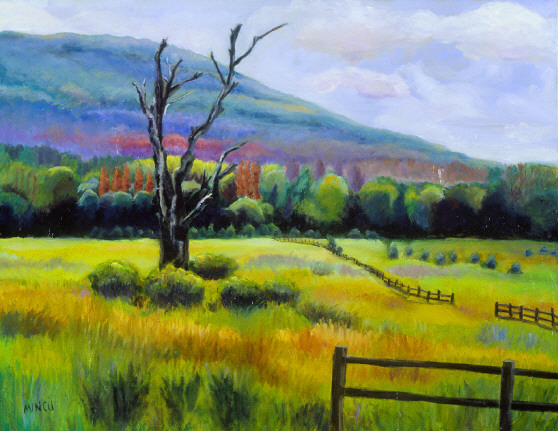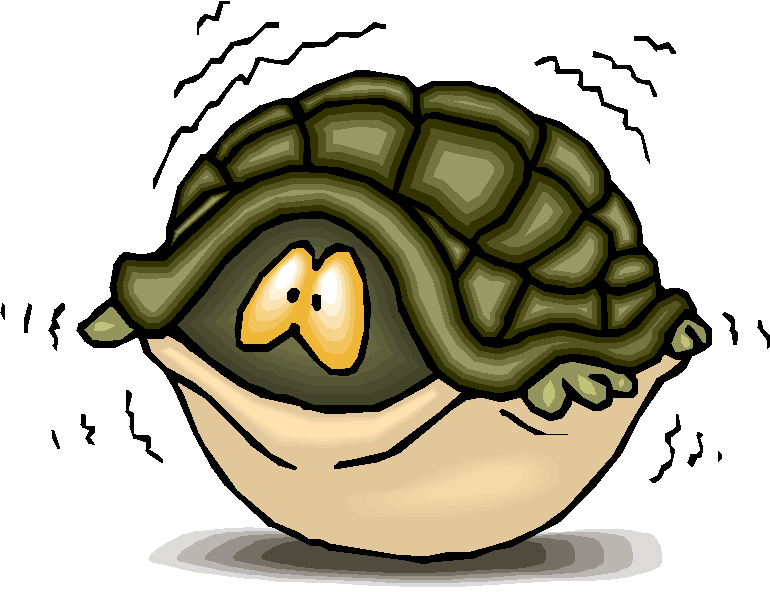This short lyric was published in 1923, in the New Hampshire volume of poems. It seems that, it narrates a very simple commonplace happening in a pastoral setting, but actually it is Frost’s observation on the human search for truth and man’s attempts at the unraveling of the mystery of life.
The poet, a rural-dweller, had often been taunted and ridiculed by people for kneeling on the boundary of the village well on the wrong side, so that light was obstructed, and he could not see clearly into the well. The well was dark and he could see only up to the surface of water at the bottom of the well. He could only see there a mirror image of his own face, of his own ‘God-like image’; shining out of a wreath of ferns and cloud-puffs. As Brower and Lawrence Thompson both agree, the use of the word “God-like”, for his own image, indicates the poet’s self-centered nature or his Narcissism.
However, one day as he was looking into the well with his chin resting on the boundary of the wall, his vision could penetrate through the water-surface and his own image on it, and see underneath the surface, in the depths of the well, something white. He was not sure what it was. He could see it only for an instant, and then it vanished. He could see it no more, for a ripple was caused in the water, in all probability by the falling of a drop of water from the ferns growing over-head. It was as if more water in the form of a drop from above had come to reproach the water in the well for allowing the poet to have that visualization. As soon as ripples were formed on the water, as soon as the water-surface was shaken, the vision the poet had seen vanished entirely. Since then he has always wondered what that whiteness was. Was it a vision of truth he had or was it simply a piece of stone? Who can answer this question? The poet could have this transitory vision of something at the bottom of the well only once, and has ever since tried to comprehend its meaning and significance, but to no avail.
On the exterior, the lyric is quite straightforward, but in reality it is a symbolic poem, symbolizing man’s never-ending pursuit of knowledge of truth and the ambiguity of life and death. It is only in uncommon moments that man can have a fleeting vision of truth, which he can see into the heart of things. It is like peering into a dark well, day after day and the vision of truth, even if at all, it is granted, would be momentary, and mysterious and vague.
The lyric recalls the saying of the Greek philosopher Democritus- “Of truth we know nothing for truth lies at the bottom of a well.” With Frost, as with Democritus, the immediate emphasis is noticeably on the definitive truth. But the symbolic overtones of the opening lines imply that the speaker has previously acknowledged to others his own limitations of insight with regard to the ultimate truth. The entire tone reflects the poet’s rather cunning and teasing delight in establishing an indirect antithesis between the conceited certainties of some conventional views and the apprehensiveness of the poet’s own confusing point of view. It includes his beautiful, heretical and unorthodox inclination to come within reach of truth accommodating and accentuating the restrictions of human knowledge. Man’s observation of truth can only be unclear and comparative; he can never arrive at absolute truth. Still the pursuit must go on.
Some online learning platforms provide certifications, while others are designed to simply grow your skills in your personal and professional life. Including Masterclass and Coursera, here are our recommendations for the best online learning platforms you can sign up for today.
The 7 Best Online Learning Platforms of 2022
- Best Overall: Coursera
- Best for Niche Topics: Udemy
- Best for Creative Fields: Skillshare
- Best for Celebrity Lessons: MasterClass
- Best for STEM: EdX
- Best for Career Building: Udacity
- Best for Data Learning: Pluralsight

















Brilliant analysis.
I would agree that it could be seen as heretical that the speaker claims to have come close to insight but is it not heretical for “others” to taunt him/her for looking in the wrong light as if to say they themselves have seen the truth.